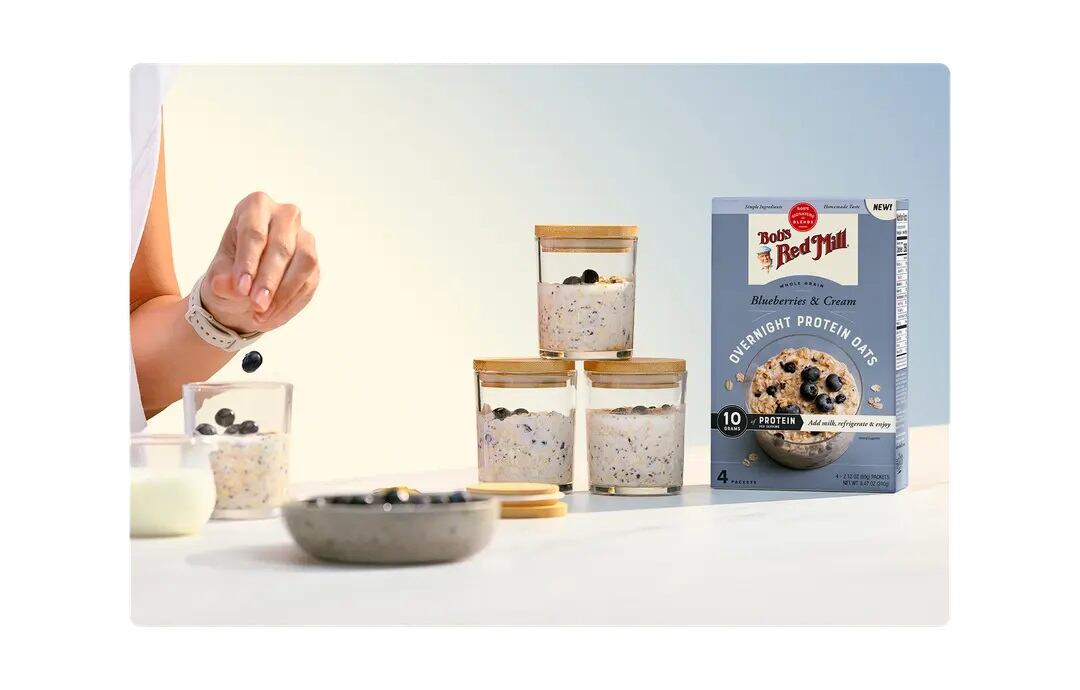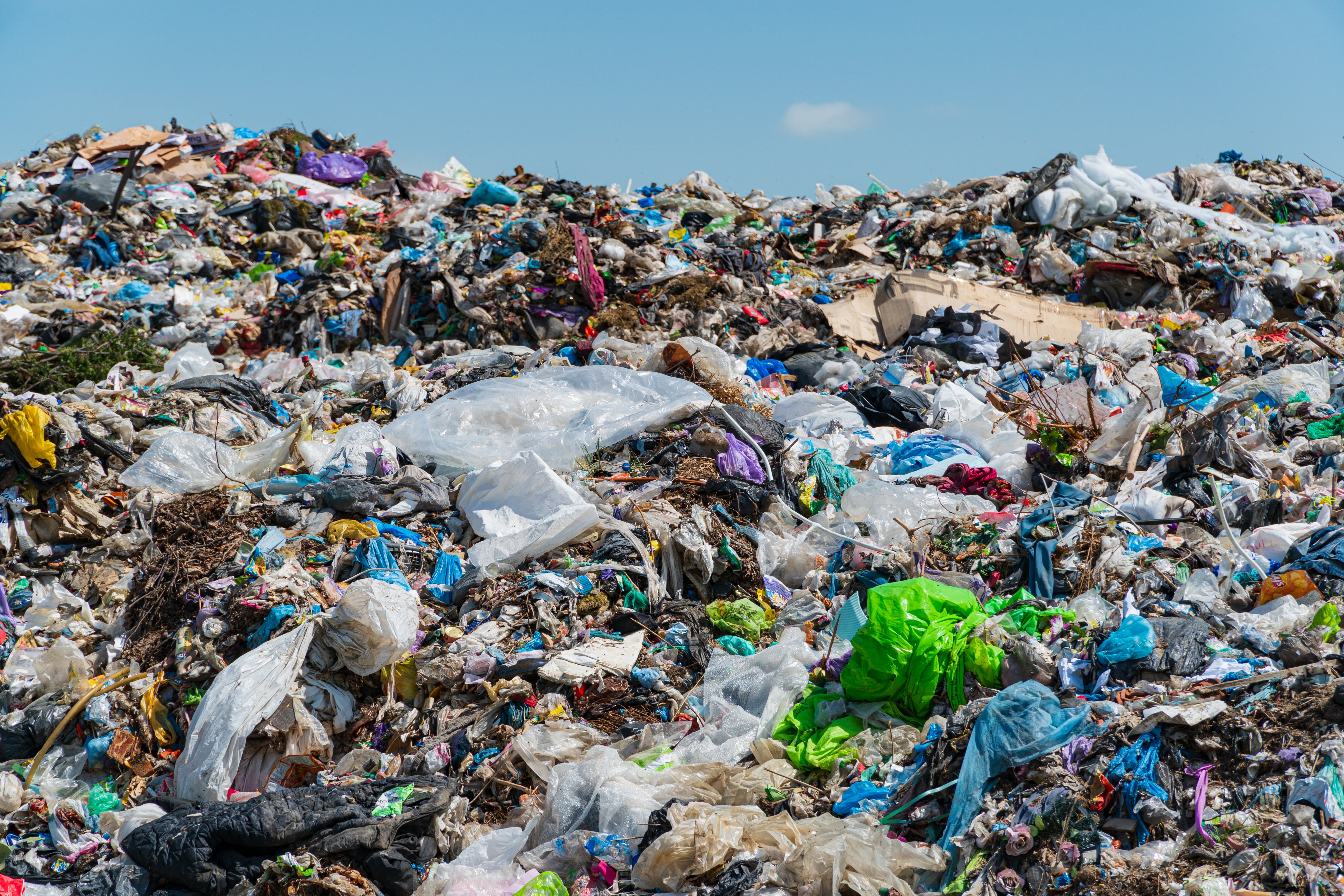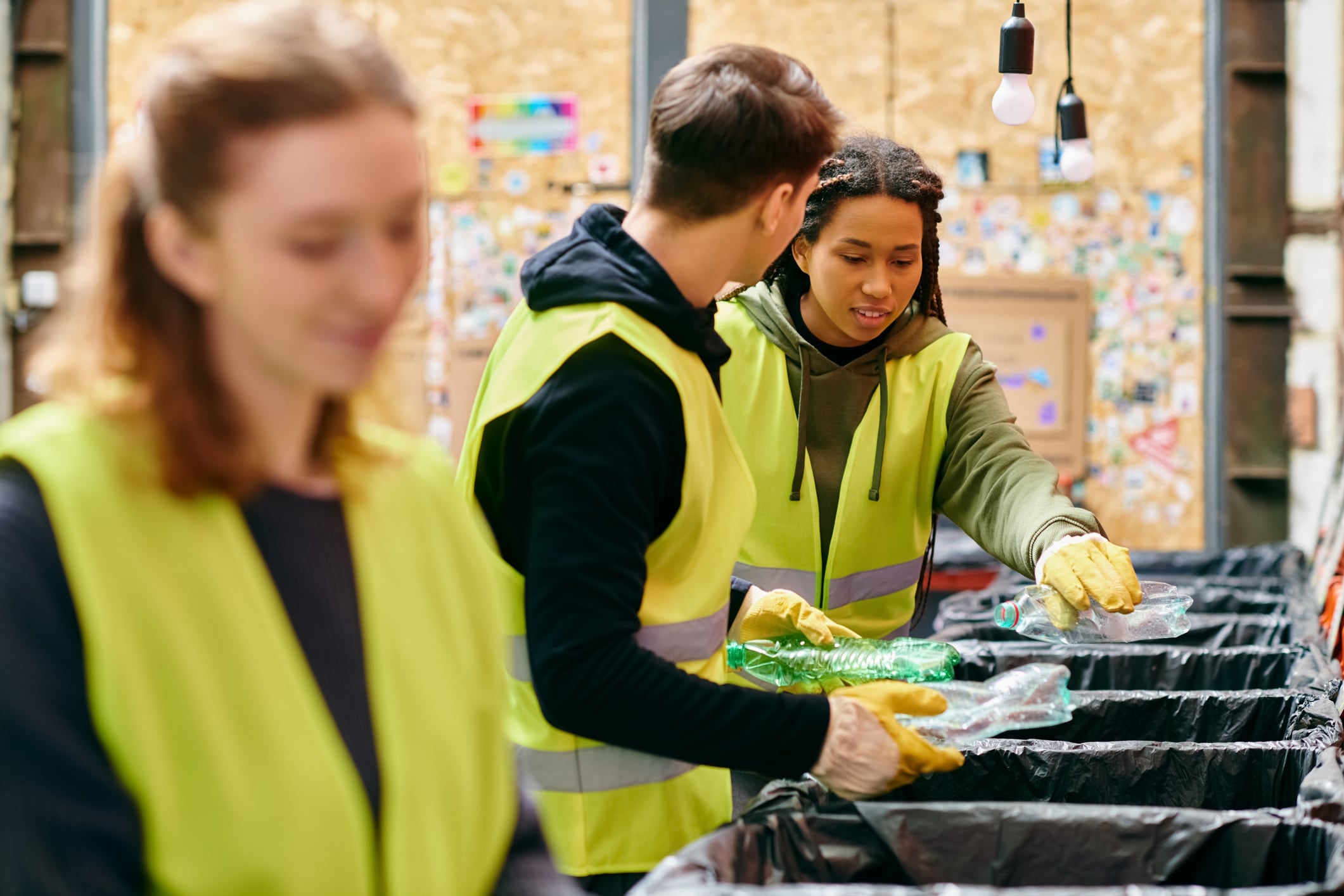Food manufacturers are no strangers to waste. In the US alone, a staggering 38% of all food goes unsold or uneaten, representing a $444 billion opportunity for the nation, including $250 billion for food businesses alone. Food waste is also responsible for 6% of national greenhouse gas emissions and consumes over 20% of the country’s freshwater supply, yet, one in 10 Americans face food insecurity.
The US Food Waste Pact is responding with urgency, creating a coordinated national strategy to combat this crisis.
Now, the Pact is launching the Employee Engagement Toolkit, a practical resource to help food producers embed waste-reduction strategies in everyday operations. Backed by real-world case studies, sector-specific videos and customisable templates, the Toolkit draws from industry successes and gives manufacturers a clear roadmap to action.
One standout success story is Bob’s Red Mill, an employee-owned company that in 2022 became the first Pacific Coast Food Waste Commitment (PCFWC) signatory and launching an employee engagement intervention. By harnessing the insights and creativity of its frontline workers – instead of relying on top-down directives – the Oregon-based company cut food waste by more than 70% on a single production line.
Building a culture of ownership

“Where do you see waste and how can it be prevented?” This simple but powerful question marked the start of Bob’s Red Mill’s internal Food Waste Challenge.
Bob’s Red Mills’ sustainability manager Julia Person said the team knew their most valuable insights wouldn’t come from consultants or audits but from the people working the lines every day. “One simple idea from a production line team – tightening screws more regularly – reduced food waste on that line by over 70%,” said Person. “It was low-cost, easy to implement and completely employee driven. That one success demonstrated that continuous improvement is within our reach when we involve those closest to the work.”

The Challenge had an immediate and measurable impact. According to Person, 43% of employee-owners reported becoming ‘very aware’ of preventing food waste during the competition. The company also saw 176 ideas submitted to its Food Waste Opportunity Register and more than 35% of employees who viewed the new food waste educational video said they had learned how to better reduce food waste.
“That first pilot showed us that when we tap into the creativity and knowledge of our employee-owners, we can generate ideas that are both practical and scalable,” said Person. “The Quick Win idea alone demonstrated the power of empowering the floor team.”
Founded in 1978 by Bob and Charlee Moore and now 100% employee-owned, Bob’s Red Mill is built on the belief that wholesome food and responsible business go hand-in-hand. That philosophy made it a natural partner in the US Food Waste Pact and a valuable pilot participant in developing the Employee Engagement Toolkit.
“By educating our employee-owners on the ‘why’ behind preventing food waste and making it fun to share ideas, we’ve been able to tap into creative and innovative solutions from the experts closest to the processes,” Person said. “Making sustainability and waste awareness part of regular, daily operations has helped foster a culture of ownership and innovation.”
The company formally recognised this momentum by creating a cross-departmental Scrap Team, composed of frontline workers. “Just last year, the Scrap Team helped us rescue 335,875 pounds of food on our packaging lines. Our goal for 2025 is to cut Oatmeal Cup waste by 50%.”
The Employee Engagement Toolkit draws on experiences like these. Created in collaboration with industry leaders, the resource is tailored to help manufacturers initiate or enhance their own food waste strategies. It offers step-by-step guidance, sector-specific training videos, templates for signage and employee communications, and case studies and data benchmarks.
“We were honoured to be part of the pilot that inspired the toolkit’s creation and it’s validating to see how our success story has helped other Pact members take on this work,” said Person. “Since the toolkit was essentially ‘crowdsourced’ from Pact member experiences, it provides an accessible roadmap, including customisable resources and even sector-specific videos.”
The Toolkit’s official launch will be celebrated during a live webinar on 5 June, featuring speakers from across the food industry sharing real-world insights.
Why it matters

Reducing food waste has real implications for business efficiency, supply chain resilience and even employee morale.
“Bob’s Red Mill has always been very sustainability-minded, and joining the US Food Waste Pact has helped us unlock valuable expertise from like-minded companies and non-profits,” Person explained. “Sustaining zero waste is a core tenet of our company and the Pact’s collaborative approach allows us to share knowledge, learn from others and drive collective industry progress. As a 100% employee-owned company, reducing food waste costs also increases profitability for our 700 employee-owners.”
She added, “Our broader efforts – from optimising packaging and upcycling scraps to supporting regenerative agriculture – reflect our belief in respecting our wholesome, nutritious ingredients.”
The Toolkit’s arrival is timely. As consumers and regulators alike demand more sustainable practices, food companies are under increasing pressure to reduce waste – not just in sourcing or packaging, but in daily operations.
“Change starts on the ground floor,” Person emphasised. “You don’t need high-tech solutions to make a difference: you just need to listen to your employees and give them the tools to act.”
Asked what advice she would give to other producers, Person said: “Listening to employees and giving them ownership can truly drive change. Fortunately, the best ways to attack food waste have already been identified – the Employee Engagement Toolkit contains a clear roadmap and insights to be used to empower teams with actionable strategies.”
“Our journey shows that sustainability doesn’t need to be siloed or top-down,” she added. “When everyone - from the mill floor to management – is involved, the results speak for themselves.”
What is the US Food Waste Pact?
Launched in 2020 by ReFED and the World Wildlife Fund, the Pact is a nationwide, voluntary initiative that brings food businesses together to reduce food waste at every step of the supply chain. It includes sub-initiatives focused on manufacturing, retail and foodservice, and provides a structured platform for collaboration, innovation and data sharing.
Apart from Bob’s Red Mill, other early signatories include Pepperidge Farm-owner Campbell Soup Company, Fresh Del Monte, Sodexo, Compass Group USA, Starbucks and retail giants Kroger, Aldi and Walmart, among others.
Signatories to the Pact receive:
• Waste data analysis and assistance
• Sector-specific waste calculator
• Working groups with other signatories and sector-specific small group convenings
• Opportunities to pilot projects led by technical experts
• Confidential peer benchmarking
• Public promotion of signatory successes
• Early access to new tools, insights, webinars and case studies
• One-on-one food waste coaching and support
Food waste reduction efforts like those supported by the Pact have shown to deliver a high return on investment - generating measurable financial, environmental and reputational gains. Participants also contribute to a collective data pool that helps track industry-wide progress, benchmark performance and guide national strategies.





